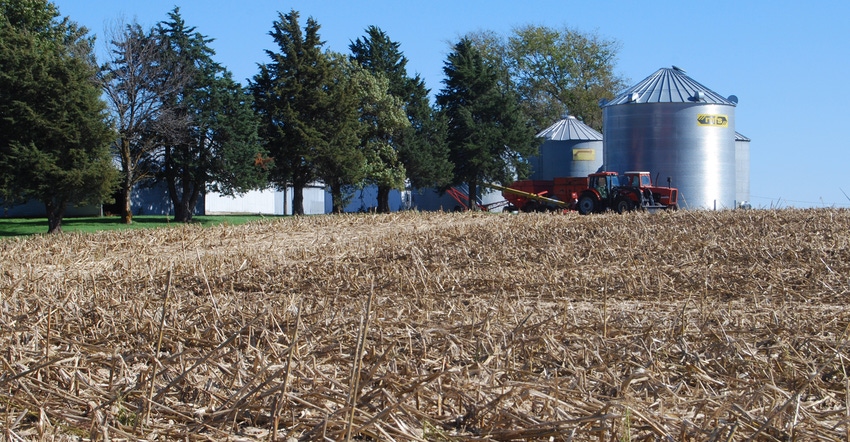October 21, 2019

We recently received a question regarding succession planning from a farm family, reminding us that the earlier we plan for a farm transfer, the higher the chances the plan will succeed.
The reader’s question was this: “After graduating from college, our son has worked for us part time on the farm the past three years, in addition to his full-time job in sales working for a local equipment dealer. He now says he is ready to quit his off-farm job and join our farming operation full time as he wants to start buying into our operation as a partnership.
“We want to plan for the future and bring him into our crop and cattle feeding operation full time. We want to prepare to meet with a lawyer to start the succession planning process. What information should we gather? Would a list of our assets, addresses and phone numbers of beneficiaries (we have two older married daughters, in addition to our son who is the youngest and who is single) be beneficial? What other information should we bring to the attorney? We now have a simple will that divides everything into one-third each, with our three children as beneficiaries.”
Start a conversation
Oftentimes, the hardest part to developing and implementing a farm succession plan is to just start the conversation. Rather than getting overwhelmed by the process, you may want to start with a goal-setting meeting and build from there. Once you have set your goals, the professionals you work with, including attorneys, accountants or CPAs, consultants, financial advisers, and your banker can help you implement your goals and strategies.
Here’s an informal list of information to gather and be prepared to discuss for your meeting with an attorney or other members of your succession planning team:
Existing documents. Do you already have documents in place, such as wills, revocable trusts, etc., for the transfer of your property after your death? Once you have developed your overall succession plan, you may want to make some changes to your estate plan.
Helpful documentation. Bring deeds, real estate contracts, buy-sell or machinery sharing agreements, farm lease agreements, life insurance policies, and net worth statement.
Questionnaire. Consider completing a questionnaire to send to the attorney ahead of time. Iowa State University Ag Decision Maker provides a good resource.
Extension classes. If you are unfamiliar with the legal tools available for estate planning and succession planning, consider taking a class or workshop conducted by ISU Extension. These courses provide a good base of understanding relating to wills, trusts, entities, etc.
Heir’s value. What value is the “on-farm” heir contributing to the operation? How do you measure that value from an equity standpoint?
Retirement plan. Be prepared to discuss the assets you have available in retirement, income needs and long-term care plans.
Business entity. Do you have a farm business entity, and can you use that entity as a farm succession planning tool? At the onset of the succession planning process, one of the issues that should be discussed is whether a business entity can play a part in the overall plan.
Communication. Talk with the people or entities you are considering involving in your estate and succession plan ahead of time.
Remember, there is no one-size-fits-all farm succession plan. Each family and farming operation needs a personalized plan. In my experience, communication is key to developing a plan that will be implemented successfully.
Herbold-Swalwell is an attorney with Brick-Gentry in Des Moines. Email [email protected].
About the Author(s)
You May Also Like






